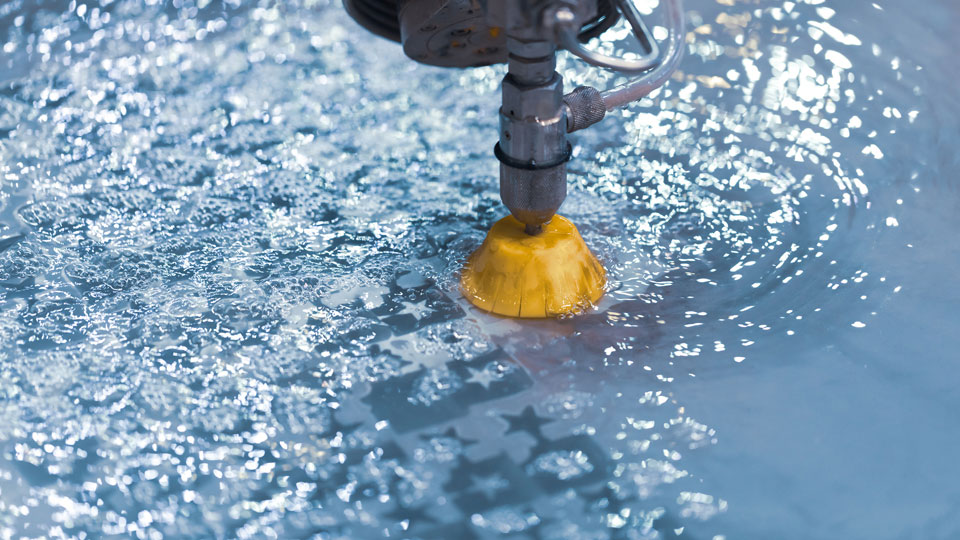You already know that water is essential to humans. But did you know that it’s critical to most industries, too?
Following agriculture, industry is the second largest user of the world’s water consumption. From industries that produce metals and wood products to manufacturers of gasoline and chemicals, water is involved in some way during most production processes.
The Unique Properties of Water
As a universal solvent, water can be used for dissolving and diluting. Its high specific heat capacity makes it useful as a coolant, and it can absorb water heat created from industrial processes.
The grade of water used is very important in industrial processes. For example, the pharmaceutical industry requires a much higher grade of water than the oil industry.
Because saltwater can corrode the metal parts in machinery, fresh water is typically used by industries.
The Purpose of Water in Industry
Large supplies of water are needed by industries for fabricating, processing, washing, diluting, cooling or transporting a product.
The amount of water used in the production phase is referred to as water intensity and can differ greatly depending on the product produced. For example, a pound of paper requires approximately 3,000 gallons of water compared to 65,000 gallons needed when producing a car.
Examples of Industrial Water Usage
Water plays an essential role in keeping oil and gasoline affordable and available worldwide. In oil-producing regions, water is pumped down into cracks and crevasses to help oil surface from rock deep underground. This enables the underlying oil reserve in oil wells to be fully utilized.
When creating electrical power, water is used to push the turbines. The substance also helps keep the electrical power industry’s equipment from overheating. When the water’s heated and steam forms, the electricity produced can be used as a source of power.
The pulp and paper industry uses millions of gallons of water during their manufacturing processes. To keep paper clean and smooth, water is crucial. It also helps prevent the paper-making machinery from getting damaged.
Water is also used by smelting facilities and in the production of food and chemical products. It keeps machinery cooled to continue manufacturing products, it washes off materials mined underground and even cleans the carcasses during meat processing.
Using Water to Clean Industrial Equipment
If not used in the production process itself, many industries use water to clean their machinery and buildings.
If it has been used to cool off equipment, water will need first to be cooled in a holding pond or container before being released back into the natural environment. Otherwise, harm to fish and other life could be created.
In many cases when the water is not consumed, it can be returned to the water supply and treated.
When industrial wastewater contains hazardous material including heavy metals or acid, treatment needs to occur before entering the water supply. Usually, this can happen on site and involves filtration or neutralization.
For industrial plumbing service in Burlington, Hamilton, Oakville, Mississauga and surrounding areas, contact us today.

